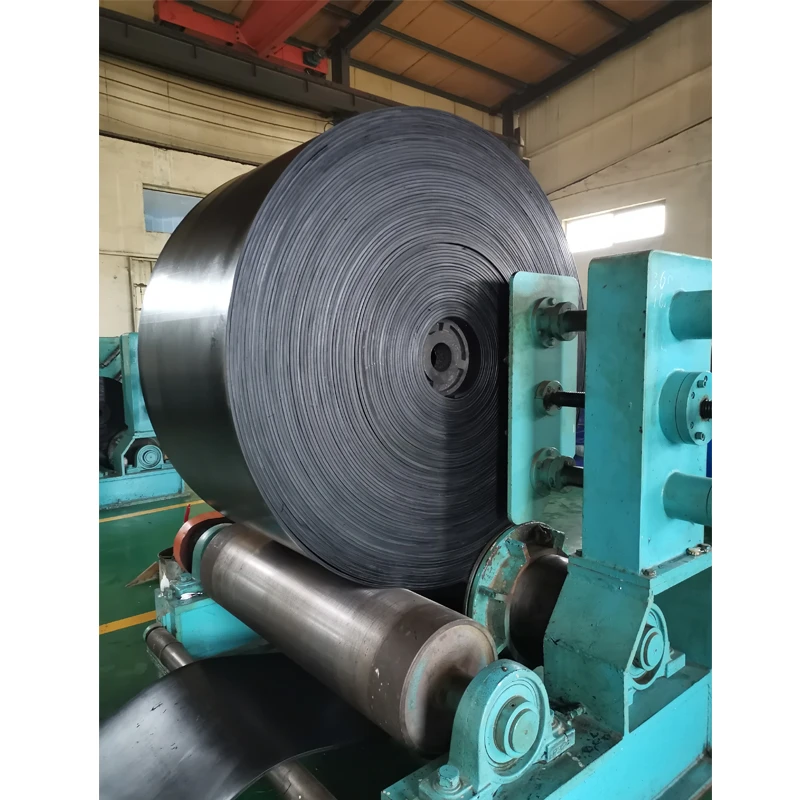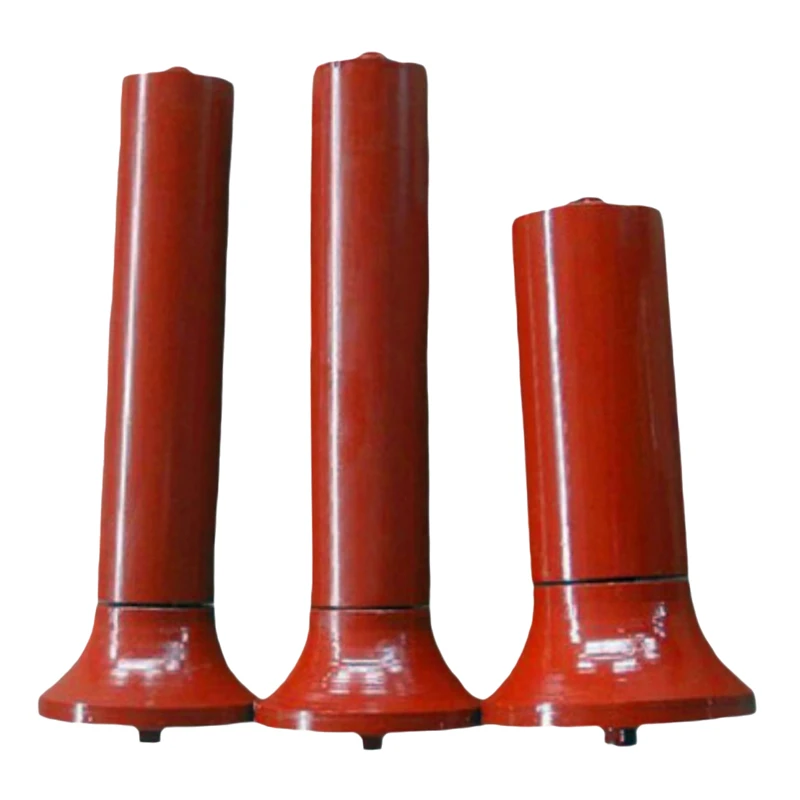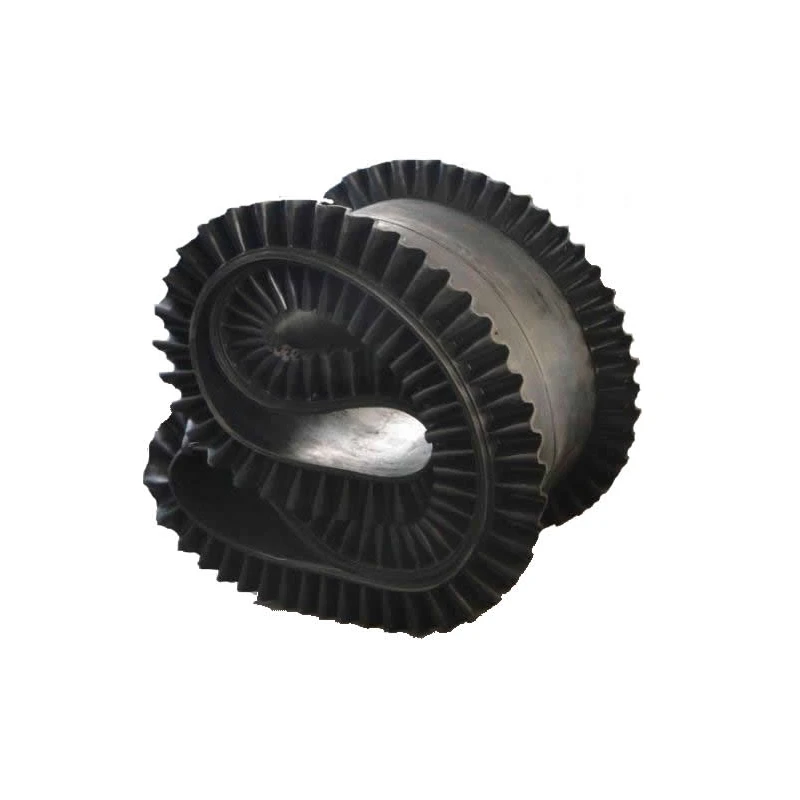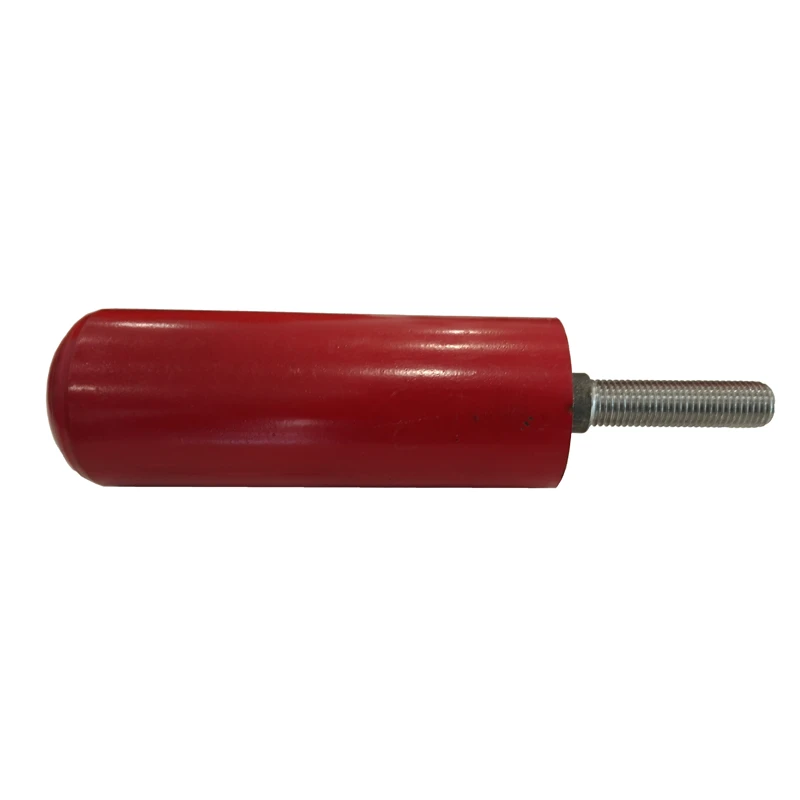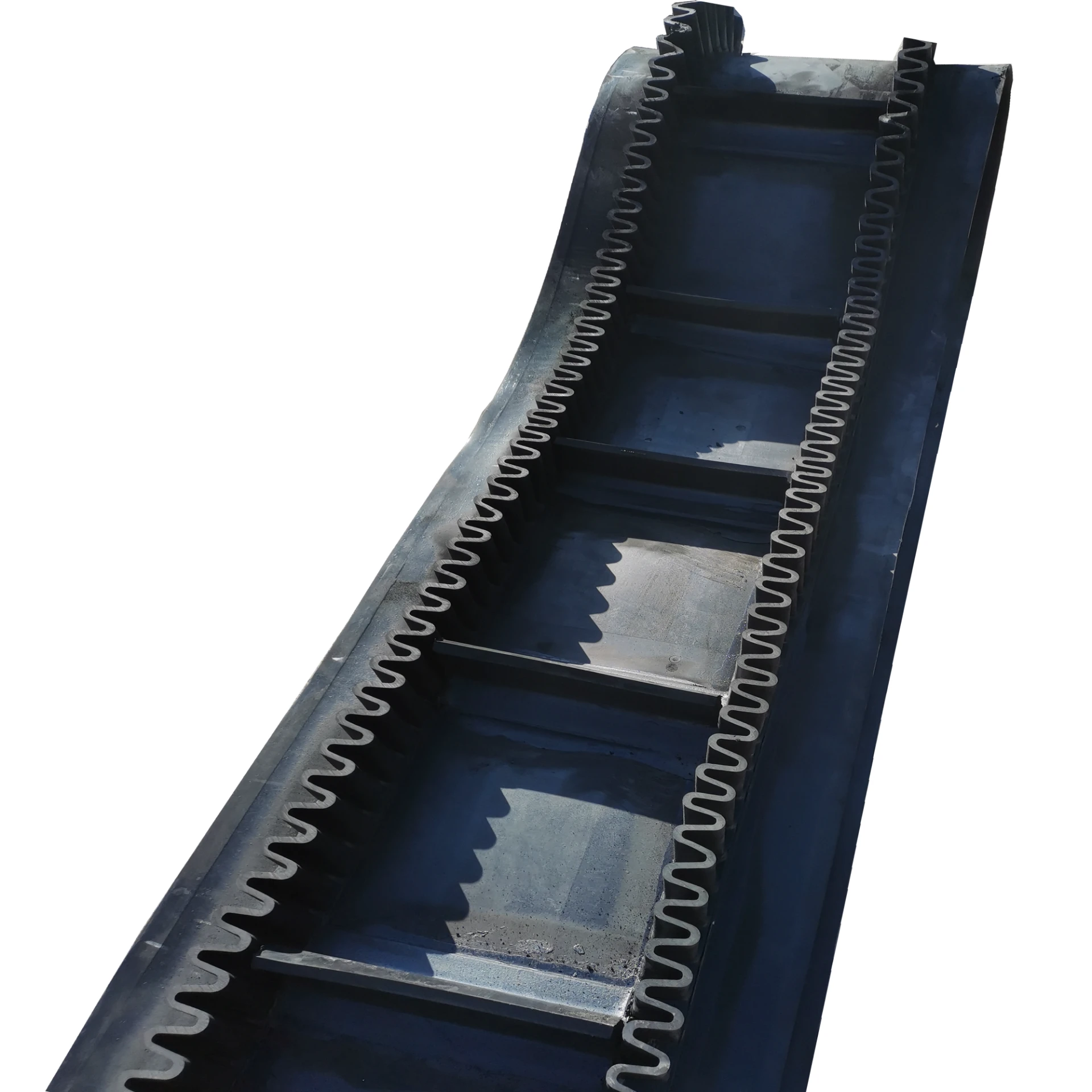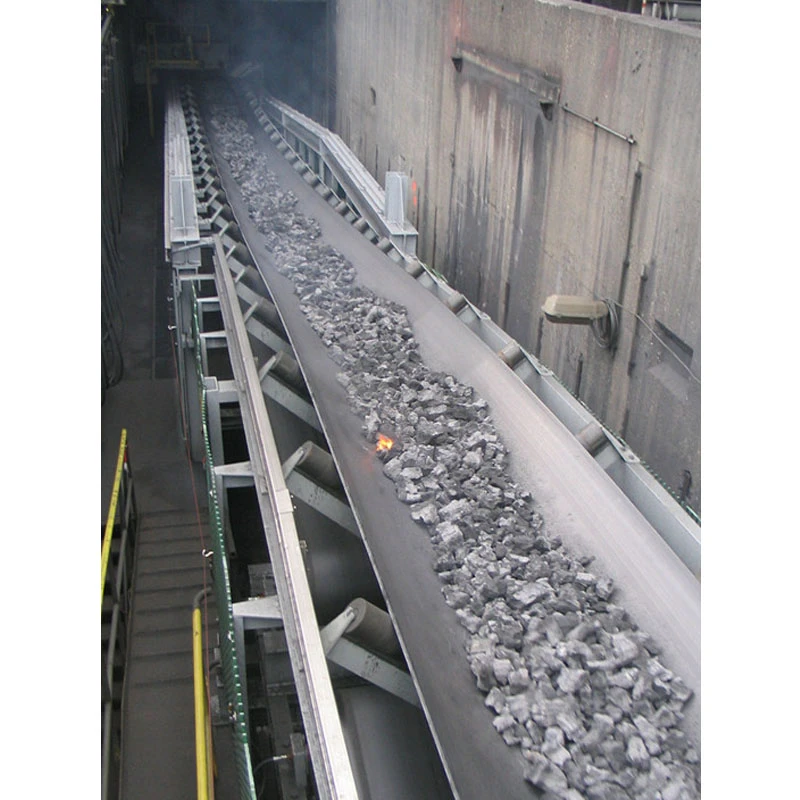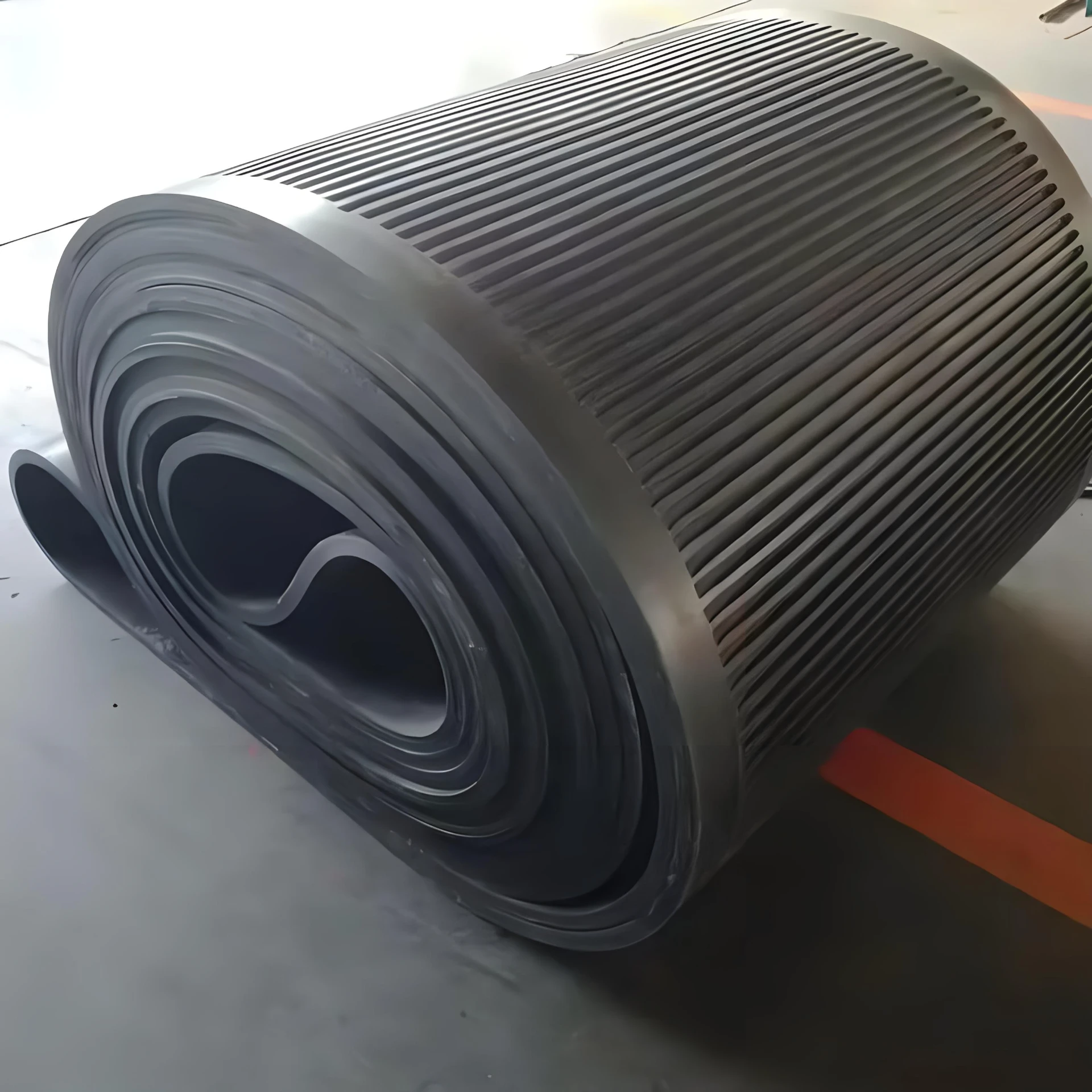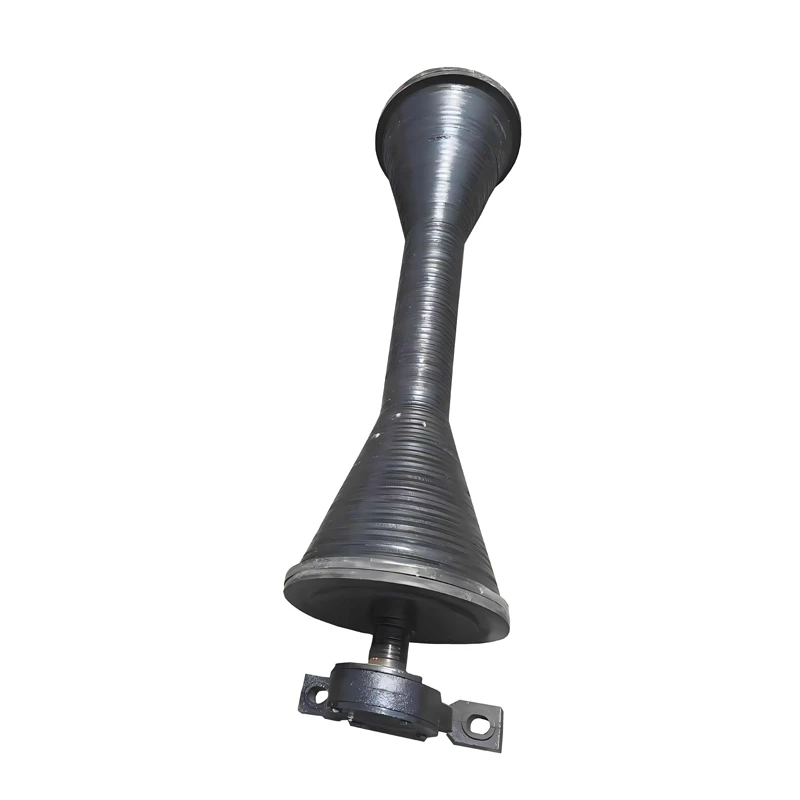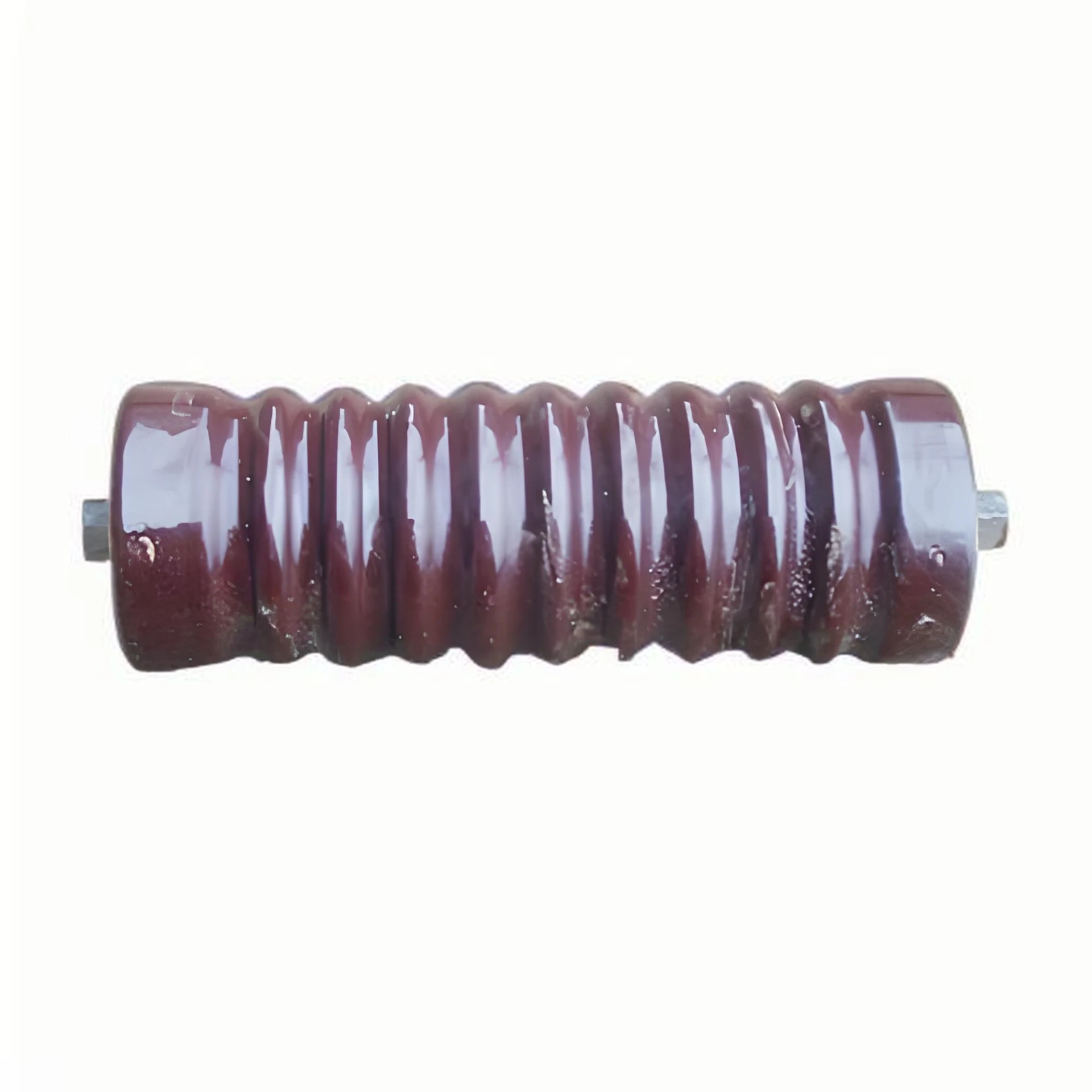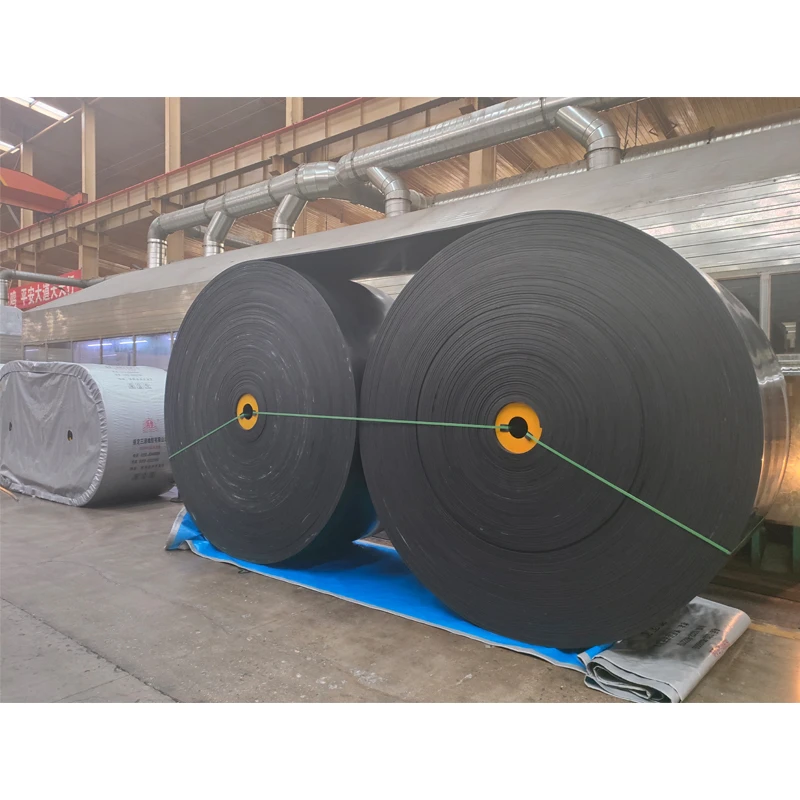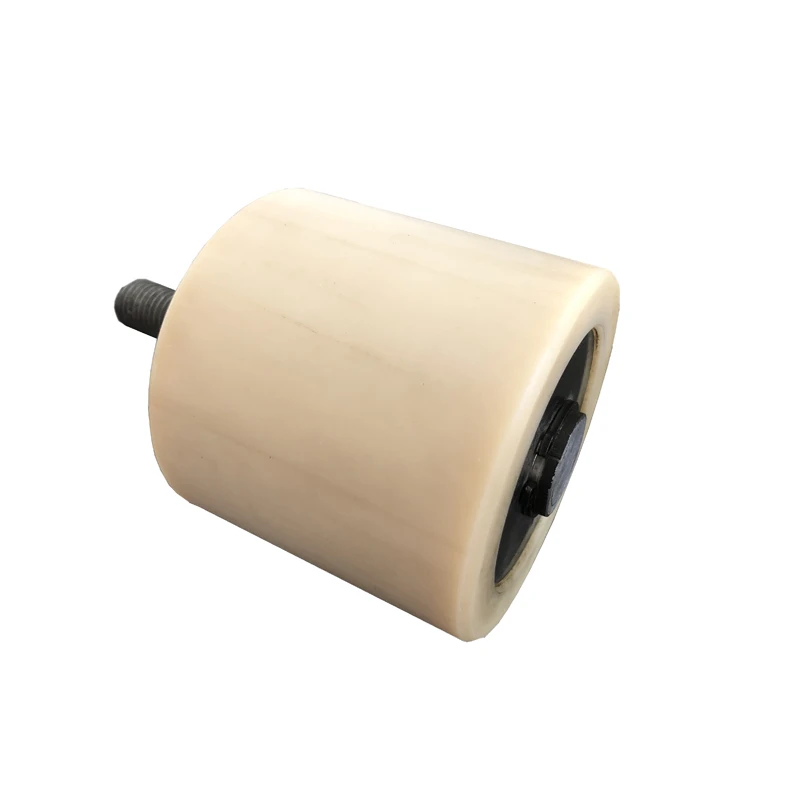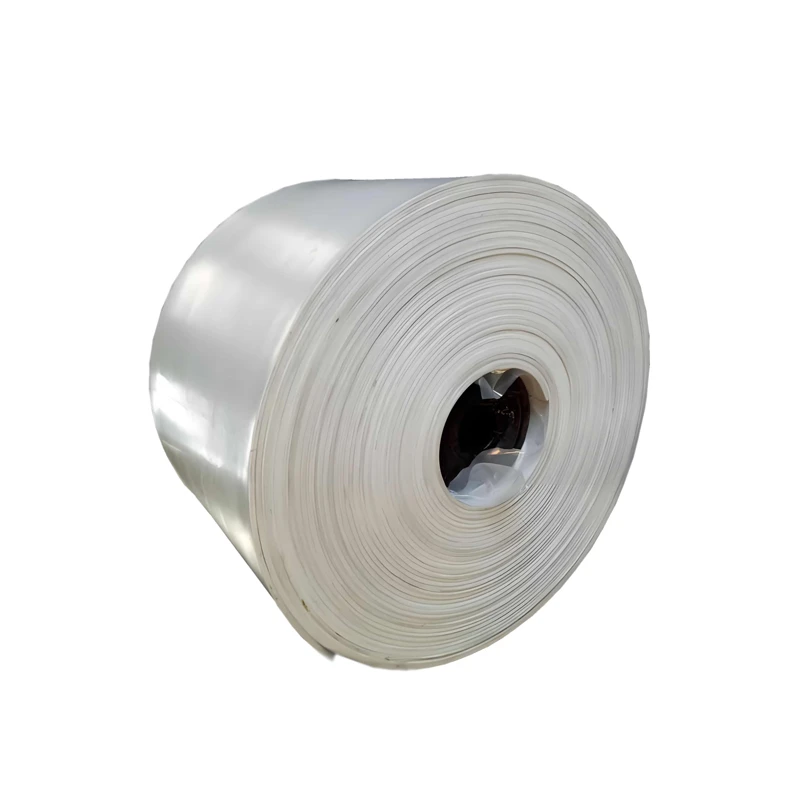- Introduction to Conveyor Systems and Their Significance
- The Evolution and Technological Advancements in Conveyor Systems
- Analyzing the Market: Leading Automated Conveyor Systems Manufacturers
- Comparative Analysis: Conveyor Systems Manufacturers vs Conveyor Systems Ltd
- Customized Solutions and Integration for Diverse Industries
- Real-World Applications: Case Studies & Success Stories
- Conclusion: The Future of Conveyor Systems
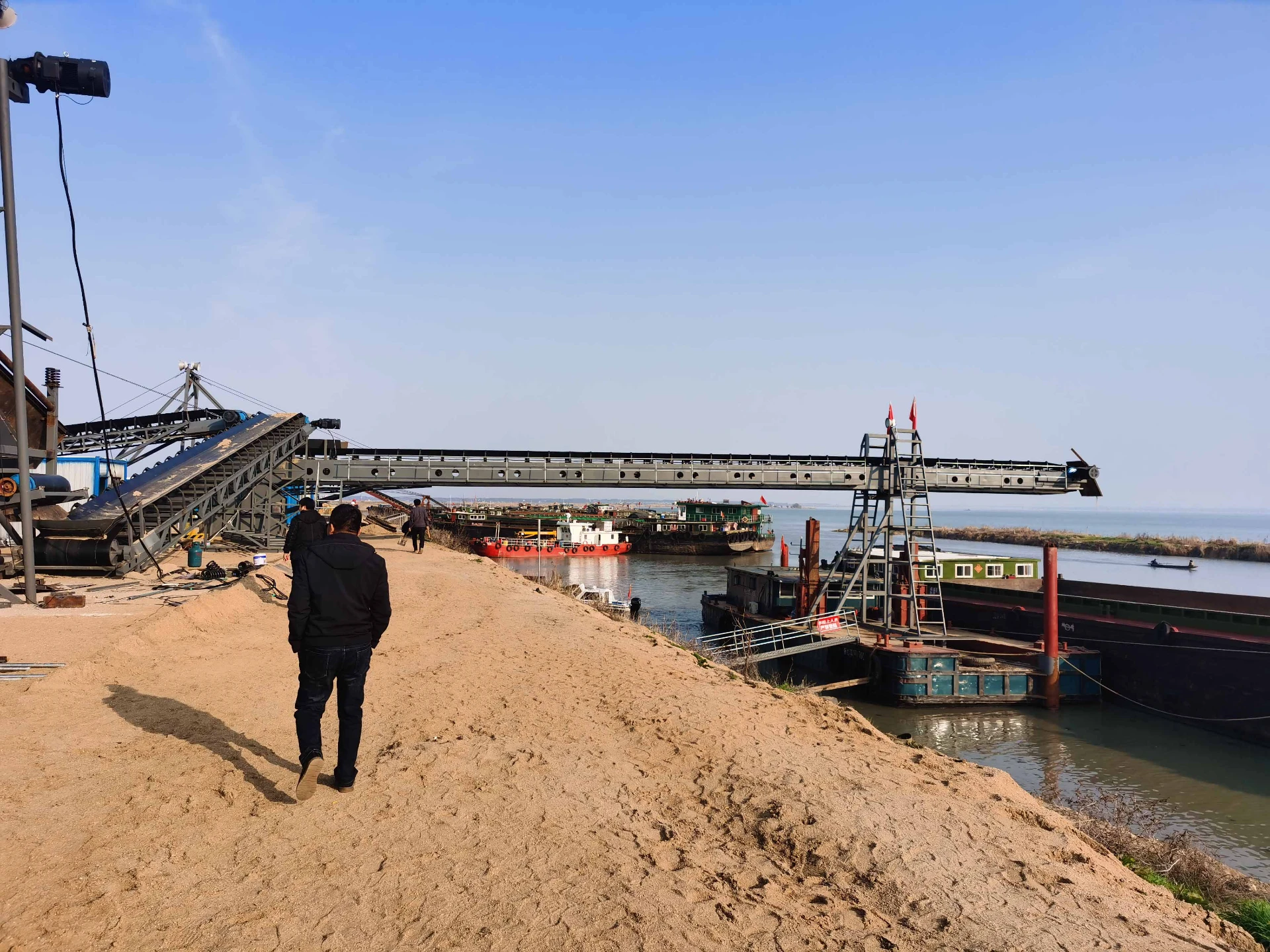
(conveyor systems)
Introduction to Conveyor Systems: Revolutionizing Material Handling
In the realm of industrial automation, conveyor systems
have redefined how businesses handle materials and streamline operations. The fundamental purpose of these systems is the efficient movement of goods within production facilities, warehouses, and distribution centers. Research from Logistics Management indicates that global demand for conveyor technologies reached a value of $8.7 billion in 2023, a figure projected to grow at a 4.4% CAGR through 2028, reflecting their indispensable role in modern logistics.
The prominence of conveyor solutions is closely tied to the simultaneous push for increased throughput, reduced labor costs, and enhanced safety. Facilities employing advanced conveyor solutions report up to 30% improvement in handling efficiency and an average reduction of 20% in operational overhead, according to MHI's annual report. As a strategic asset, these systems are aligned with Industry 4.0 initiatives, providing connectivity, traceability, and data-driven insights for continuous improvement.
This article explores the technological advancements, competitive landscape, customizable design considerations, and real-world impacts of conveyor systems, offering readers a comprehensive and data-driven understanding of this cornerstone in advanced logistics.
Technological Advancements: Transforming Conveyor Systems
The evolution of conveyor systems is characterized by the integration of cutting-edge technologies. From the inception of simple roller conveyors, the industry has witnessed a transformation toward fully automated, sensor-driven systems. Today's solutions incorporate smart robotics, IoT-enabled performance monitoring, and modular design principles. According to a 2023 industry survey by Statista, 57% of respondents noted the adoption of automated conveyor systems as a critical component to achieving operational resilience.
Energy efficiency remains a cornerstone, with the latest drives offering up to 45% reduction in power consumption compared to legacy systems. Additionally, the implementation of predictive maintenance, powered by machine learning algorithms, has slashed unplanned downtime by as much as 38% for some operators. These innovations provide manufacturers with a means to scale production, adapt layouts, and maintain robust safety standards without sacrificing throughput.
The value extends to control systems capable of seamless integration with enterprise resource planning (ERP) software, creating a data-rich environment for optimization at every touchpoint. As conveyors continue to evolve, they promise increased agility, scalability, and sustainability.
Analyzing the Market: Leading Automated Conveyor Systems Manufacturers
The marketplace for automated conveyor systems is both dynamic and competitive, populated by industry titans and specialized innovators. Choosing the right partner involves assessing technological capabilities, support infrastructure, customization options, and service footprint. The following table presents a comparative snapshot of leading global manufacturers, focusing on critical selection criteria:
| Manufacturer | Annual Revenue (USD) | Global Installations | Automation Expertise | Customization | Lead Time (weeks) |
|---|---|---|---|---|---|
| Daifuku Co., Ltd. | $4.4B | 7,500+ | Advanced AI/IoT integration | High | 8–12 |
| Siemens Logistics | $1.1B | 6,000+ | Digital Twin, Predictive Analytics | Medium | 10–14 |
| Dorner Conveyors | $275M | 4,000+ | Flexible, modular platforms | High | 6–10 |
| Interroll Group | $590M | 5,200+ | Dynamic Speed Control | Medium | 7–12 |
| Honeywell Intelligrated | $825M | 5,800+ | Robotics & Vision Systems | High | 9–15 |
This comparative data highlights the spectrum of strengths among automated conveyor systems manufacturers, helping decision-makers align selections with operational priorities, such as advanced digital features, customization depth, or rapid deployment.
Comparative Analysis: Conveyor Systems Manufacturers vs Conveyor Systems Ltd
Beyond the industry giants, the landscape features specialized providers such as Conveyor Systems Ltd, which has carved out a unique reputation within the UK and Europe. When analyzing broader conveyor systems manufacturers against niche specialists, organizations often weigh factors including agility, sector expertise, and project management approaches.
| Criteria | Conveyor Systems Ltd | Global Manufacturers |
|---|---|---|
| Industry Focus | Retail, E-commerce, Food & Pharma | Industrial, Logistics, Airports, Manufacturing |
| Turnkey Solutions | Comprehensive (incl. controls & software) | Varies, often modular |
| Response Time | Typically < 24 hrs | Within 48-72 hrs |
| Customization | Tailored, process-driven | Scalable, standardized |
| Price Flexibility | Medium | Low to medium |
| Post-Install Support | Localized, ongoing | Global, periodic |
Conveyor Systems Ltd is recognized for its focus on customer-specific solutions, a rapid response model, and in-depth sector knowledge. In contrast, large-scale conveyor systems manufacturers excel in delivering scalable solutions to multinational clients, leveraging their global footprint and investments in digitalization.
Customized Solutions and Systems Integration for Multi-Sector Demands
Modern conveyor systems are engineered to exceed the demands of industry-specific workflows. Customization is paramount in sectors such as pharmaceuticals, e-commerce, food and beverage, and automotive production lines. According to a 2023 Deloitte survey, 62% of organizations ranked "flexible, customizable conveyors" as a critical factor in future procurement decisions.
Advanced solutions may include variable speed drives, automatic sorting arms, RFID-based package tracking, and even ambient condition monitoring for sensitive materials. Collaboration with engineering teams enables the co-creation of layouts that maximize space, ensure product integrity, and achieve precise material flow. Modular systems also allow phased installation and expansion as business requirements evolve, supporting both brownfield upgrades and greenfield projects.
Integration with upstream robotics, automatic storage and retrieval systems (AS/RS), or downstream packaging equipment can yield efficiencies well above 40%, with real-time monitoring analytics driving ongoing improvements.
Real-World Applications: Case Studies & Success Stories
The effectiveness of conveyor systems is best demonstrated through real-world implementations. One leading e-commerce retailer reported a 35% reduction in order fulfillment time after installing an automated conveyor network provided by Honeywell Intelligrated. Another case from Conveyor Systems Ltd involved the food manufacturing sector, where tailored conveyors enabled a 22% increase in throughput and a significant drop in manual handling incidents.
Automotive component factories utilizing Interroll Group's dynamic-speed, sensor-driven conveyors experienced a 19% boost in assembly line synchronization, according to client-tracked KPIs. Meanwhile, in pharmaceutical environments, Dorner Conveyors' modular designs have been crucial for maintaining sterile conditions and precise batch traceability, resulting in compliance ratings exceeding 99.8%.
These results underscore the adaptability and transformative impact of well-executed conveyor solutions, from point-of-sale retail to complex industrial manufacturing.
Conclusion: The Future of Conveyor Systems is Smart, Scalable, and Sustainable
As automation marches forward, conveyor systems continue to serve as the backbone of efficient logistics, manufacturing, and distribution. The surge in demand for smart, data-driven solutions reflects a broader industry shift toward proactive management and scalable growth. Both global conveyor systems manufacturers and dedicated providers like Conveyor Systems Ltd remain pivotal in shaping workflows that prioritize agility, safety, and sustainability.
With ongoing advancements in machine learning, robotic integration, and sustainable design, the next generation of conveyor systems is poised to deliver not only operational excellence but also strategic value. Operations leaders are now equipped to select partners and solutions that best mirror their vision for the future—one where automation unlocks unprecedented transparency, resilience, and business success.
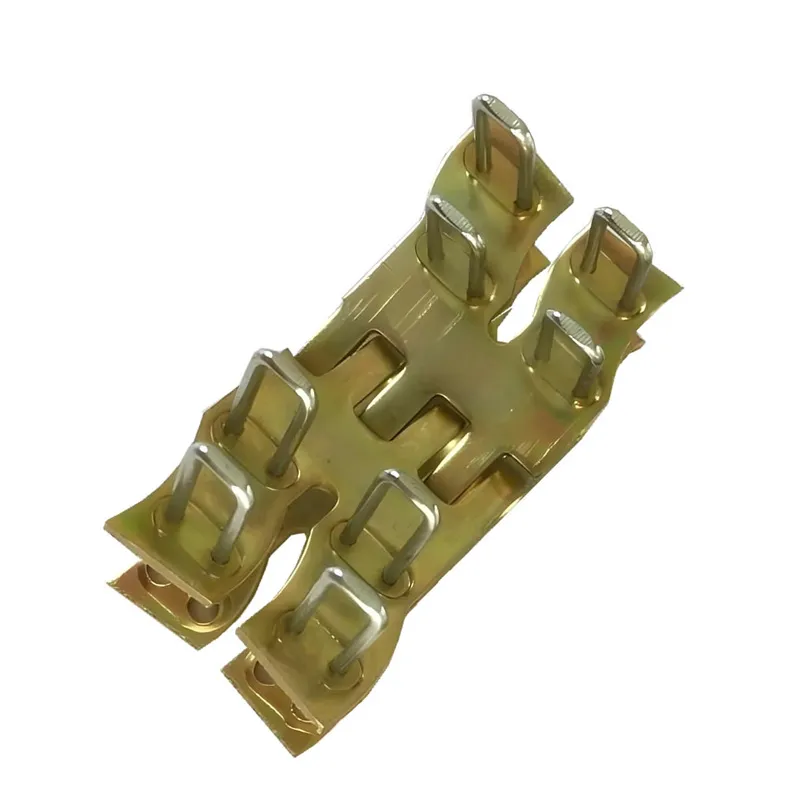
(conveyor systems)

